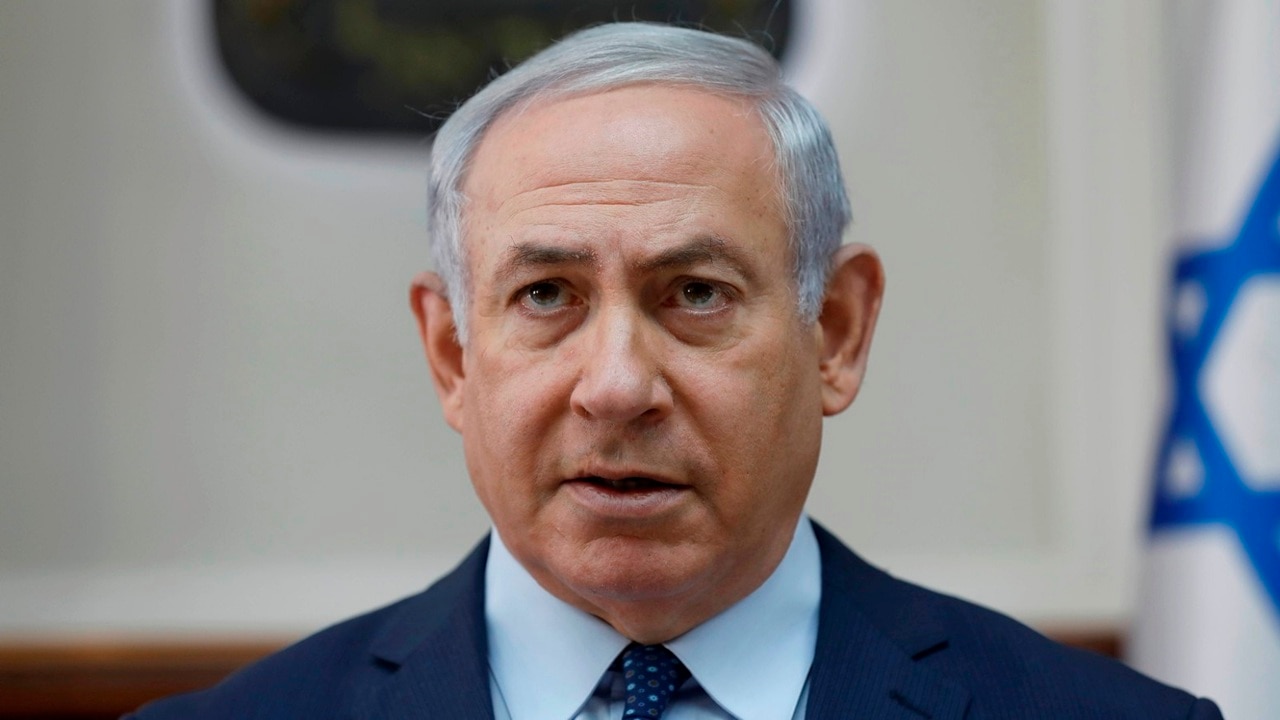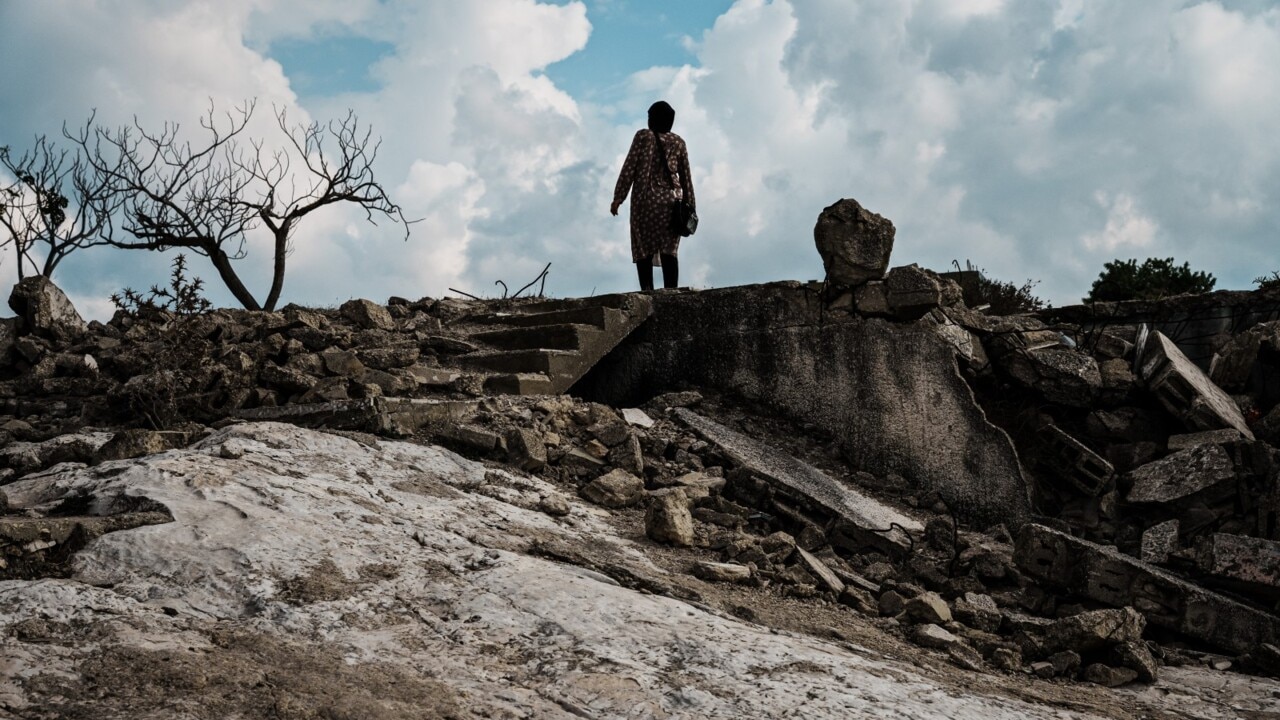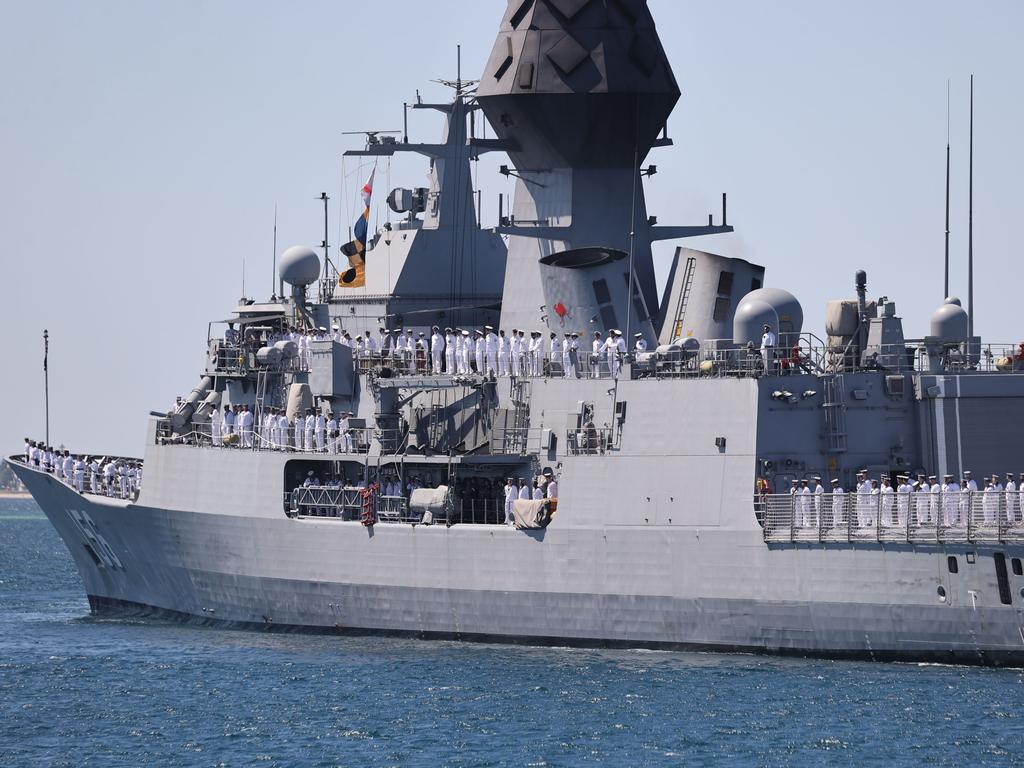Some friendly advice for Israel from best pal Joe Biden
The US President is right to give his full support to Israel’s quest to remove Hamas, but he wants more targeted attacks and fewer civilian deaths.

Under the fantasy timetable, which Australia backed in the UN General Assembly this week, Israel and Hamas should put down their weapons and agree to an immediate ceasefire to end the human suffering in Gaza.
But at this moment both Israel and Hamas have never been less likely to agree to such a proposal.
Australia, like many Western nations, has agonised over the right form of words to find to relay its dual message of support for Israel’s pursuit of Hamas and its condemnation of the cost in civilian lives of doing so.
This week, the Albanese government became tangled up in its own contradictions, backing an imperfect UN resolution for a ceasefire despite that resolution not mentioning that Hamas carried out the October 7 massacre of 1200 Israelis. The government’s aim was to amplify its criticism of the high civilian death toll in Gaza, but it was done in a manner that made Australian policy towards Israel seem uneven, confused and contradictory.
Yet, in the end, the position Australia and the international community take on the conflict is background noise to Israel, which is intent on finishing its mission to dismantle Hamas in Gaza.
The real-life timetable of this war will not be determined by the UN but by Israel in conjunction with the US, the only nation that has the ability to influence its conduct. The US, unlike many other countries, fully recognises that Israel is determined to wipe out Hamas and sees any “sustainable ceasefire” as an obstacle to that outcome.
It is often forgotten in Australia that public opinion within Israel remains firmly behind the mission to dismantle Hamas and ensure it can never threaten the country again. The strident debate here and elsewhere in the West about the high number of civilian deaths in Gaza is not a dominant factor in public opinion in Israel. For Israelis, the war against Hamas is an existential threat or, as Prime Minister Benjamin Netanyahu put it, a “second war of independence”.
Even if the US wanted to, it could never persuade Israel to agree to a permanent ceasefire while Hamas still exists as a military force in Gaza.
The best the US can hope to achieve is to influence the manner in which Israel conducts this war. This is the key contest of ideas that is unfolding between Washington and Jerusalem – a contest that will help determine the length and the nature of the rest of this conflict.
So far Joe Biden has been the rock behind Israel’s ambition to wipe out Hamas. The US President has backed Israel consistently, even as the civilian death toll in Gaza has grown uncomfortably high and even as other countries have watered down their support as a result.
But now even Biden has decided that Israel needs to change the way in which it conducts this war. In his most pointed comments yet, Biden said this week that Israel was losing international support with its “indiscriminate bombing” of Gaza.
“I want them to be focused on how to save civilian lives,” Biden said. “Not stop going after Hamas but be more careful.”
The White House dispatched national security adviser Jake Sullivan to Israel to reinforce its call for a more “surgical” and “precise” campaign to dismantle Hamas.
America’s call is the correct one and is being driven by both humanitarian and political factors. In the US, as elsewhere in the world, there is growing revulsion at the civilian suffering in Gaza, where more than 15,000 people have died according to Gazan health authorities.

Even if these figures are unreliable because Hamas controls the health ministry, blind Freddy can tell you from the harrowing footage that the civilian death toll there is horrific.
Biden is right to call out Israel for what he calls its “indiscriminate bombing” of Gaza while also still firmly supporting its mission to destroy Hamas. These two positions are not incompatible.
In this war, especially in its early stages, Israel has relied too heavily on airstrikes rather than targeted ground operations to dismantle Hamas.
An assessment compiled by the US Office of the Director of National Intelligence says about 40-45 per cent of the 29,000 air-to-ground munitions Israel has used have been unguided. This broadbased bombing campaign has had the effect of killing many more civilians than terrorists and casts doubt on Israeli claims that it has done all it reasonably can to minimise harm to civilian lives in its pursuit of Hamas.
Even in the US, this has caused the previously strong public support for Israel to fall, especially among young voters, and risks triggering a backlash against Biden for his pro-Israel stance.
More important, the US understands that any eventual post-war solution in Gaza becomes much more problematic if Gaza is turned into an unlivable pile of debris. Every destroyed building and every lost family make peace that much harder when the fighting ends.
For all of these reasons, the US call for Israel to do more to protect civilians and essential infrastructure in Gaza by focusing on targeted ground operations rather than airstrikes makes sense.
Biden has been Israel’s greatest supporter in this conflict, but the President is right to call for Israel to modify the way it fights the rest of this war.
He is also right to continue to give his full support to Israel’s quest to remove Hamas from power. Israel will not be deterred from achieving its aim regardless of what the US says, but it would be wise to heed the advice of its best friend in how it carries out this necessary task.








The Israel-Hamas war is running on two very different timetables: the real-life one Israel is following and the fantasy one the international community, including Australia and the UN, is following.